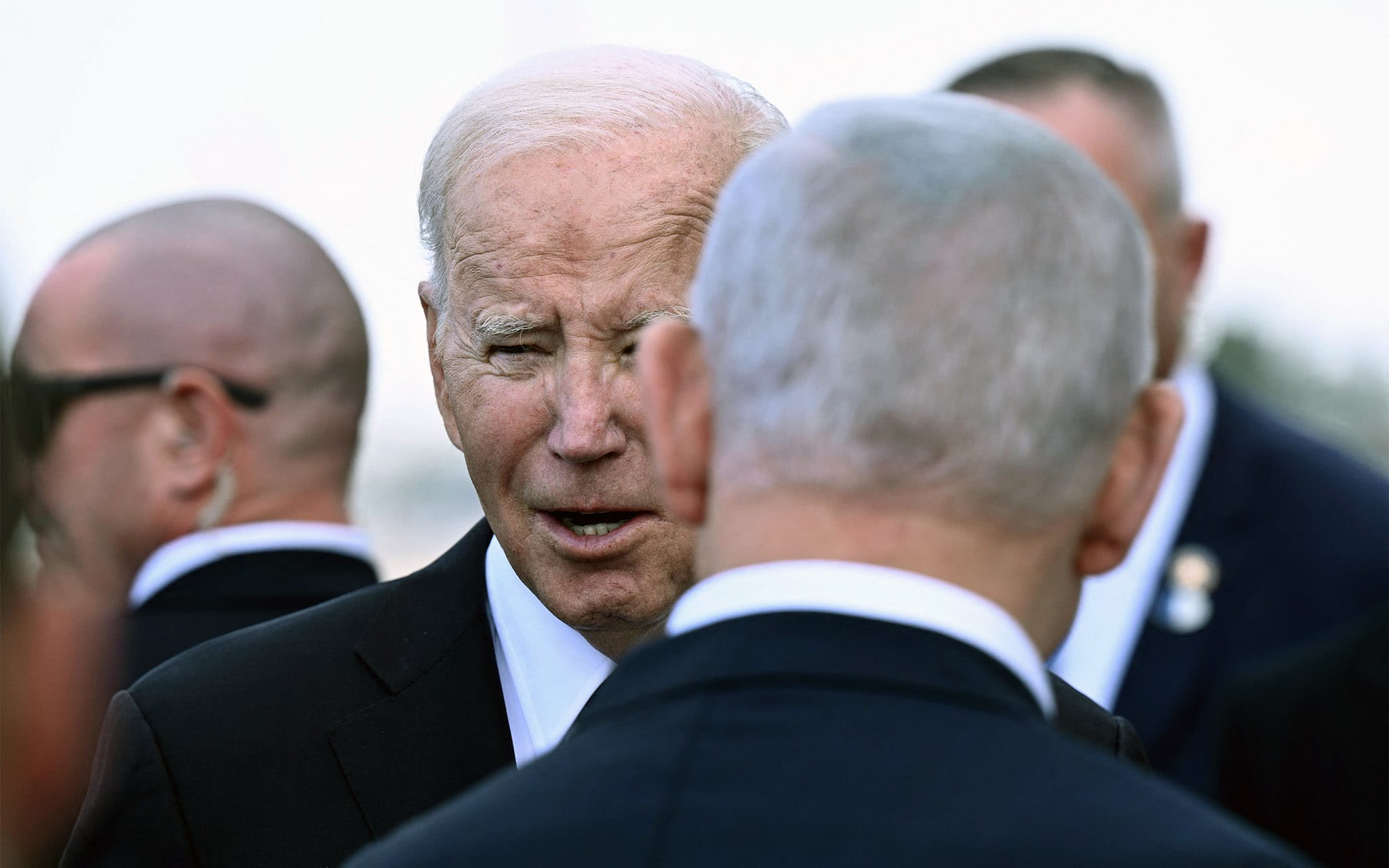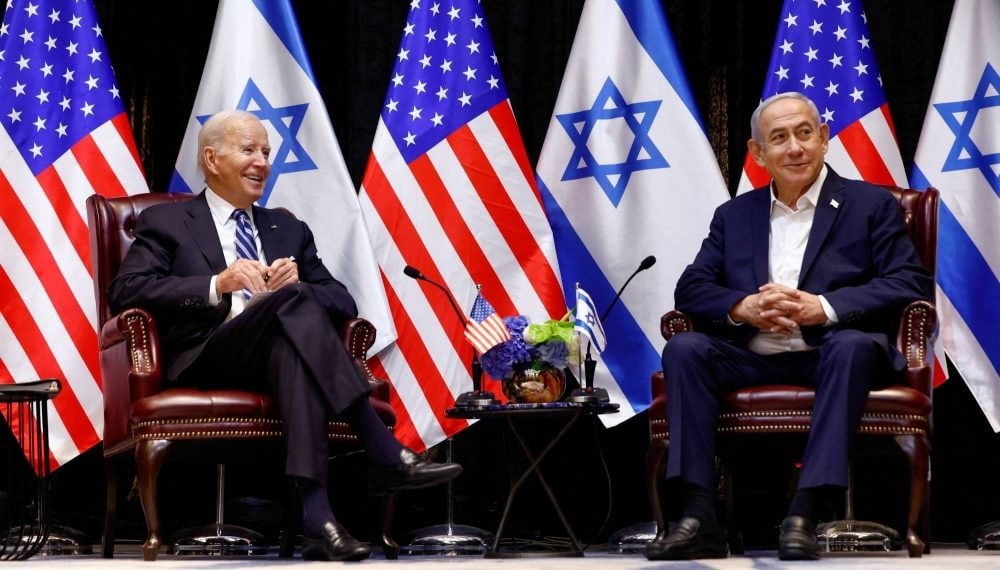President Joe Biden and Israeli Prime Minister Benjamin Netanyahu engaged in extensive discussions on Sunday regarding a potential deal to secure the release of hostages in Gaza. Although a framework has been established, there are still significant gaps to be addressed, according to a senior administration official.
Their conversation, the first since January 19, focused on Israel’s ongoing campaign in Gaza, the release of hostages held by Hamas, and the impending ground assault on Rafah. Both leaders reiterated their shared goal of defeating Hamas and ensuring Israel’s long-term security.
Efforts to broker a “humanitarian pause” in the conflict have faced challenges, with Netanyahu dismissing Hamas’ ceasefire proposals as unrealistic. The Hamas response outlines a three-phase plan, including troop withdrawal, humanitarian aid, and freedom of movement in Gaza.
Currently, 136 hostages, including those captured during Hamas’ October 7 attack, remain in Gaza, with 29 confirmed dead. Secretary of State Antony Blinken affirmed the commitment to negotiations despite Netanyahu’s skepticism about Hamas’ proposals.
During the 45-minute call, Biden emphasized the need for a credible plan to ensure the safety of the over one million people sheltering in Rafah. Netanyahu’s intention to enter Rafah, described as Hamas’ last stronghold, has raised concerns about civilian safety and displacement.
With over 1.3 million displaced individuals in Rafah and limited escape routes, the potential ground assault has drawn international scrutiny. The US has stressed the necessity of meticulous planning to minimize risks to civilians.

Biden’s recent criticism of Israel’s military actions in Gaza, describing them as excessive, underscores the delicate balance between supporting Israel and addressing humanitarian concerns. However, specific remarks regarding Biden’s comments were not disclosed during the call.
Secretary Blinken previously emphasized the humanitarian crisis in Gaza, highlighting the need for a cessation of hostilities to prevent further civilian casualties and address acute humanitarian needs.
As discussions continue, officials recognize the urgency of ending the conflict to prevent further loss of life and alleviate the dire humanitarian situation in Gaza.













